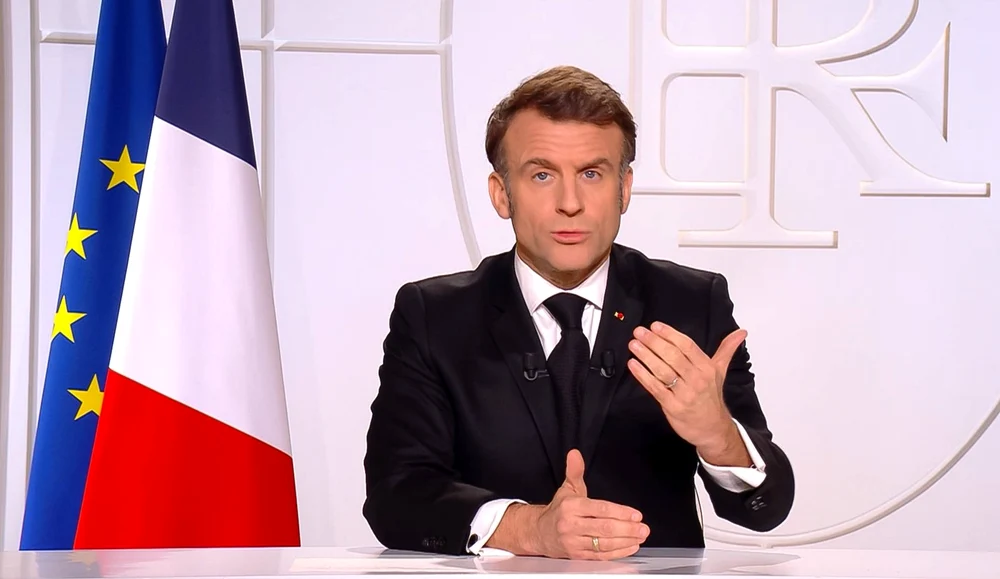The political instability in France, fueled by the repeated failures of President Emmanuel Macron in forming stable governmental coalitions, risks turning into a real factor of imbalance for the entire European construction. Deprived of a parliamentary majority and surrounded by a polarized political class, the French leader seems, according to an analysis published by The Sunday Times, to dangerously approach the moment when he will completely lose control over the mechanisms of governance.
British economist David Marsh describes Macron as a leader “artificially kept alive”, and the increasingly visible gap between his international ambitions and the lack of concrete results domestically fuels the disillusionment of an increasingly impatient electorate. His departure from the political scene, although unlikely in the immediate future, would not be, for a significant part of the French public opinion, a loss.
But such a development would represent a serious blow to Europe’s position in the world. France, the second pillar of the European Union, has been a vocal actor in promoting an ambitious European agenda in recent years, and the weakening of this pole of influence comes at a time of general fragility in the West.
France’s structural problems and the contrast with Germany
The economic context does not favor Paris. Over the past ten years, French governments have been characterized by excessive public spending, in contrast to the fiscal discipline imposed by Berlin. If in 2007 the public debt of the two states was comparable, today France has reached a debt/GDP ratio of over 114%, while Germany maintains a level of about 60%.
The inability to reform the social system, to reduce the budget deficit, and to comply with European fiscal rules has further undermined Macron’s efforts to build functional majorities. Against this background, a possible rise to power of the far right — either in the form of Marine Le Pen or Jordan Bardella — becomes increasingly plausible.
It is expected that a future French nationalist government will not propose an immediate Frexit or the abandonment of the single currency, but rather to exert pressure on Brussels — and implicitly on Berlin — for the relaxation of fiscal rules, the extension of joint loans, and possible forms of direct financial support. The response of German Chancellor Friedrich Merz, himself constrained by his own internal limits, will most likely be a reserved one.
Read more HERE

